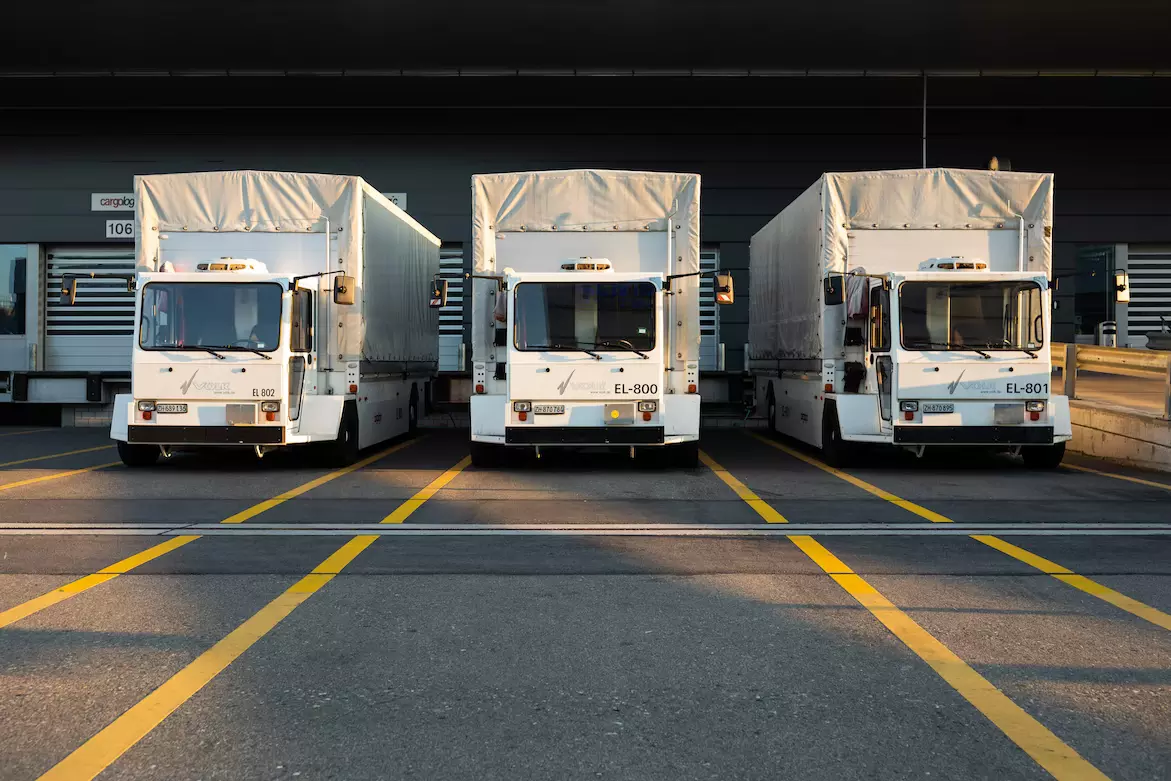Comments
- No comments found

Every day, businesses transport goods and employees to and from various destinations.
While the majority of trips are completed without incident, accidents still happen. Depending on the severity, these accidents can result in personal injury, and significant property damage. Not to mention, the legal implications that can follow. To help you navigate the minefield that is road transport law, we’ve compiled a list of 6 legal facts businesses should know about road accidents. So whether you are a haulage company, taxi service, or delivery driver, here are the essential legal facts related to transport and road accidents you must keep in mind:

If one of your employees is involved in an accident while driving on company business, you as the employer may be held liable. This is because, in the eyes of the law, employees are seen as an extension of the company. This means that if they act negligently or recklessly while on the job, the company can be held accountable. To protect your business, it is essential to have strict policies and procedures in place regarding employee conduct behind the wheel. This includes things like forbidding phone use while driving and setting speed limits. You should also regularly check up on employees to make sure they are following these rules.
Since they are transporting people rather than goods, rideshare drivers are held to a higher standard of care. This means that if they are involved in an accident, they will be held more accountable than other drivers. As such, rideshare companies need to have insurance policies that cover their drivers in the event of an accident. In St. Louis, Uber and Lyft drivers must have insurance that covers them for up to $1 million in damages. This includes things like bodily injury and property damage. In case of an accident, a St Louis Uber accident lawyer on the side of the injured party will file a claim against the driver’s insurance policy. However, if the driver does not have the required insurance coverage, then the injured party can file a claim against the transport company’s policy.
Depending on the type and severity of the accident, you may be legally obliged to report it to the authorities. For example, if anyone is injured or killed in an accident, you must contact the police immediately. You should also exchange details with any other drivers involved in the casualty, as well as any witnesses. These details should include names, addresses, vehicle registration numbers, and insurance information. If you fail to stop at the scene of an accident or exchange these details, you could be facing a fine or even jail time. Not to mention, it will be much harder to defend yourself against any potential legal action.
If you are operating a business that transports people or goods, you will need the appropriate licenses and permits. For example, if you are running a taxi service, you will need to obtain a license from your local council. The same goes for businesses that transport hazardous materials. In these cases, you will need to have the proper certification and training to ensure that these materials are transported safely. Failing to do so could result in hefty fines, as well as putting people’s safety at risk. If you are not sure what licenses and permits you need for your business, it is best to speak to a lawyer or professional in the transport industry.
There are strict safety regulations in place for businesses that transport people or goods. These regulations cover everything from the condition of your vehicles to the way you load and unload your cargo. Failing to comply with these regulations could result in hefty fines, as well as putting people’s safety at risk. And in the event of an accident, you could be held liable. To avoid this, it is essential to familiarize yourself with the safety regulations that apply to your business. You should also make sure that your employees are aware of these regulations and know how to follow them.
If one of your employees causes an accident, and it is found that you were negligent in your hiring practices, you could be held responsible for any damages caused by the accident. For instance, if you hired an employee without conducting a background check, and they had a history of reckless driving, you could be held liable if they caused an accident. To avoid this, it is essential to take the time to conduct thorough background checks on all potential employees. You should also make sure that your employees are properly trained and aware of your company’s safety policies.

As you can see, running a transport business comes with a lot of responsibility. There are many legal implications that you need to be aware of to avoid costly mistakes. By familiarizing yourself with the law, and having the right insurance in place, you can protect your business from potential liabilities in the event of an accident.
Leave your comments
Post comment as a guest